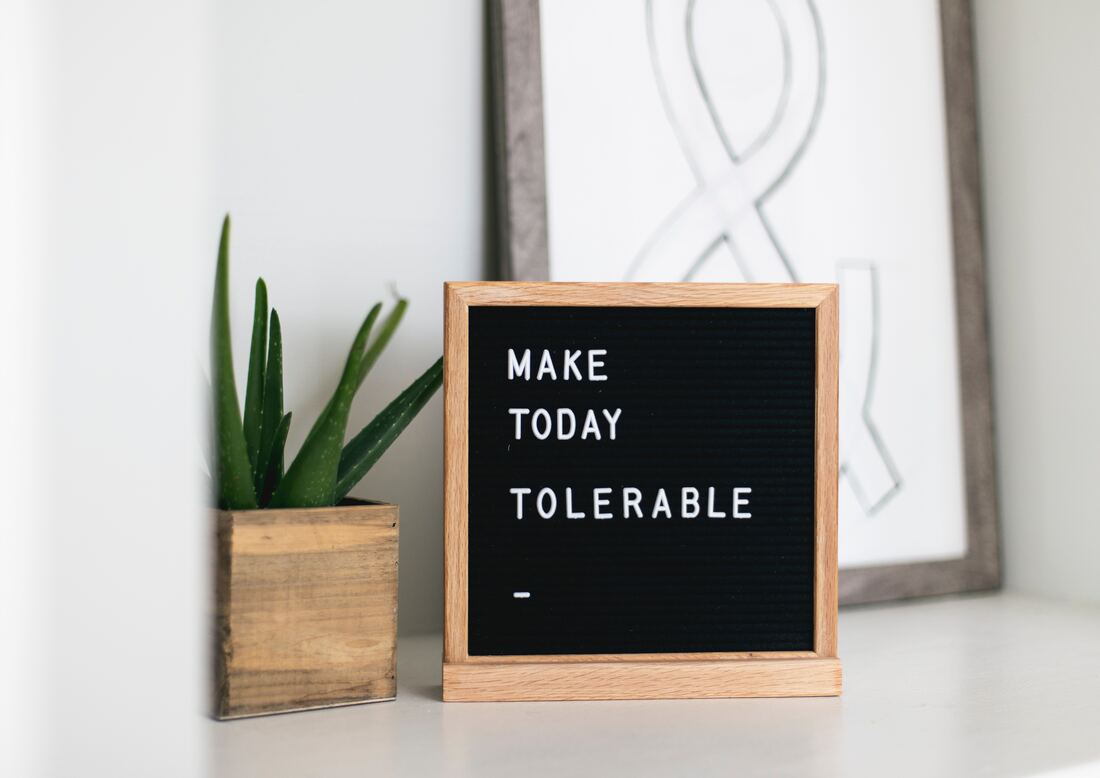|
45 minutes earlier, I was chatting confidently and happily at a networking event, collecting business cards and sharing work plans. I’d had a productive day. I had started early and had even fit in a gym class. By 10pm I was half asleep on the sofa, hungry but too nauseated to eat. The next day I couldn’t move as my head pounded, the lights hurt my eyes and feelings of nausea came and went. Burnout has been a hot topic since the start of the year, and a Buzzfeed article on the subject went viral. More media outlets tried to define the condition further, and argued about who it affected the most (Millennials, Generation X or Baby Boomers). But is it necessary to define what it is? If for one person it’s the state of feeling constantly frazzled and overwhelmed but for another it means being stuck in bed for 24 hours, isn’t it more important to look at the why and not the what? And there’s the annoyance with the one-upmanship of late night communications, that one colleague who insists on emailing everyone at 2am to show how dedicated they are. Sometimes that colleague is you, trying to play the game or more often just trying to get through your workload. There are many people in the world just as qualified as you for your role, and there are now new workflows and technologies that can undermine the value of your human capital. With that uncertainty it’s little wonder that burnout is not unique to high flying CEOs. It’s not useful to wax lyrical about how it can be avoided (spoiler, it probably can’t be) but recognising burnout triggers and what to do about them may help us adapt better to our new normal. Sleep
Don’t wait for a meltdownYou know when you’ve taken too much on, or when what you normally have found yourself doing has started to snowball. Where possible, remove one or two of your items - but don’t fill up your free time with something else (again, including your phone). Sometimes burnout occurs because we are putting in more than we are getting out. Say no to things that don’t serve you well, and try not to feel guilty when you drop things. There is an impression that we should be on a merry go round of work, social engagements, working out, family time and learning a new skill. But when we feel ourselves spinning out of control, it’s OK to miss that gym class or not go to that cocktail evening. The world goes on, and it means so will you for a bit longer. Speak UpIt’s not always possible to take a sudden day off from work to recuperate, and you’re probably familiar with feeling overwhelmed but working through it anyway. When you can’t take a step back, speak up. It’s typical to deny that you’re potentially feeling overwhelmed, as we like to wear stress as a badge of honour (I’m soooo busy!). Ignoring your stresses doesn’t make them go away, but asking for help might. Talk to someone who you know will have no judgement about your situation. Share your mental load with them, even if it’s just to vent in that moment. If they are a peer, there is a chance they are going through something similar and maybe you can join forces somehow. We all need support. It may be a long time until our burnout culture resets itself. But acknowledging that it happens and that there are small steps to take to live within this new normal can maybe help us work towards a global change as leaders of the workplace in the future. How do you think we can improve our burnout culture? Let us know in the comments!
2 Comments
19/6/2023 12:10:00 pm
Burnout is no joke, and I've definitely been there. It's refreshing to see someone talking openly about this topic and acknowledging that it's a real struggle. The tips you shared are practical and realistic, which is exactly what I needed. Thanks for writing this, it's like a virtual pep talk for anyone feeling burned out! Keep up the awesome work!
Reply
Leave a Reply. |

